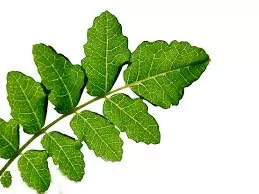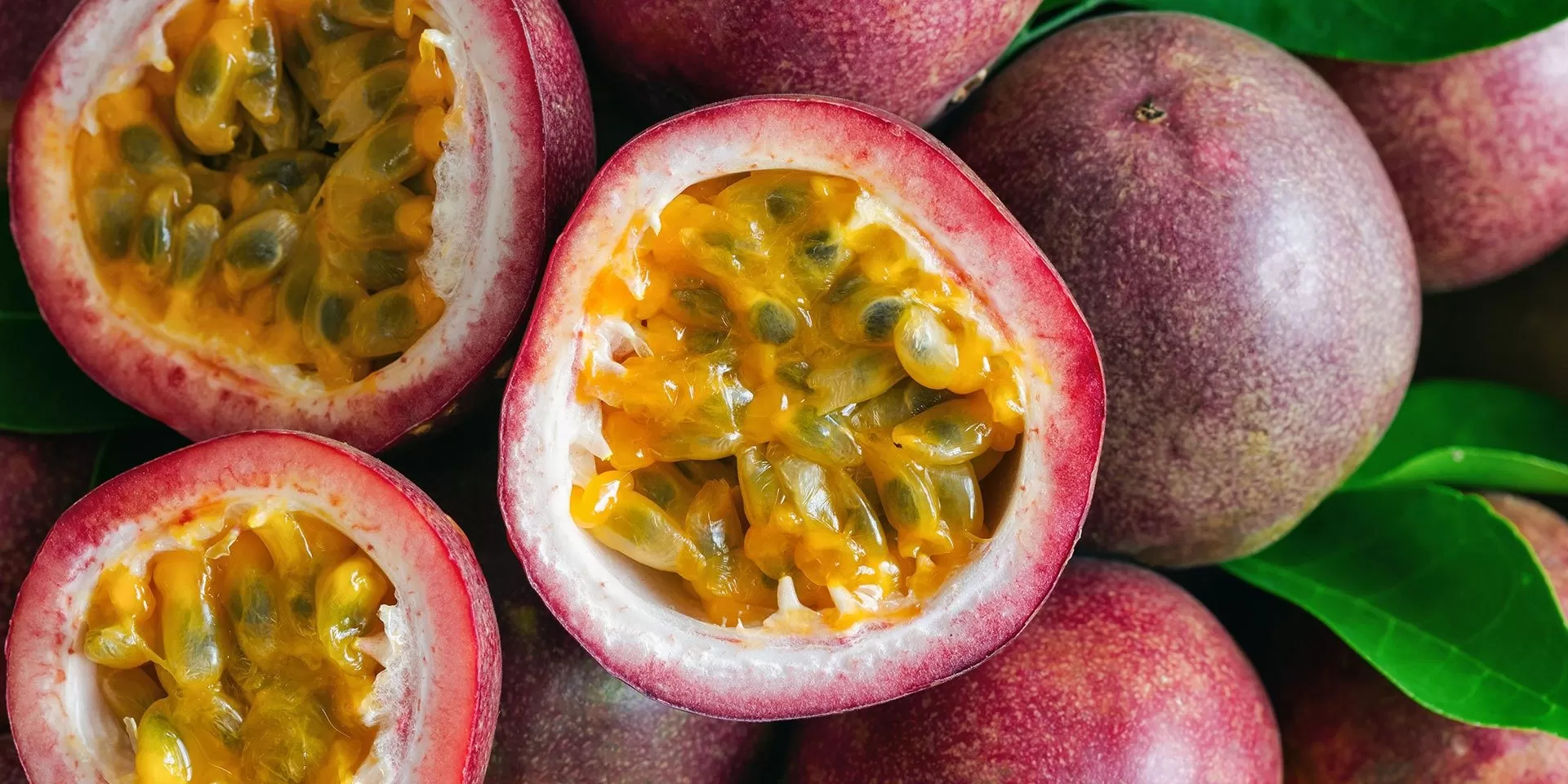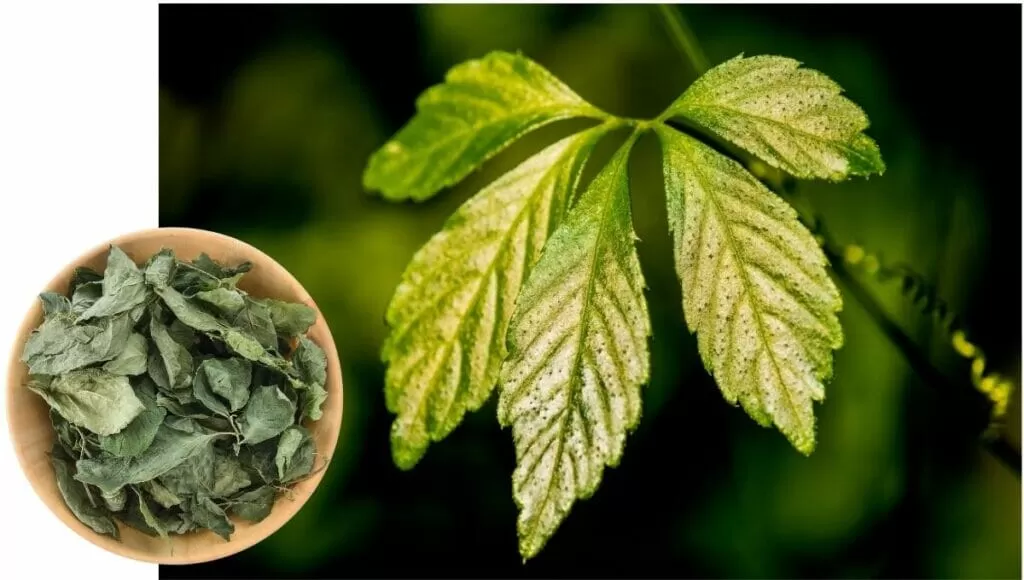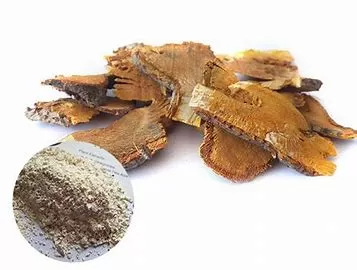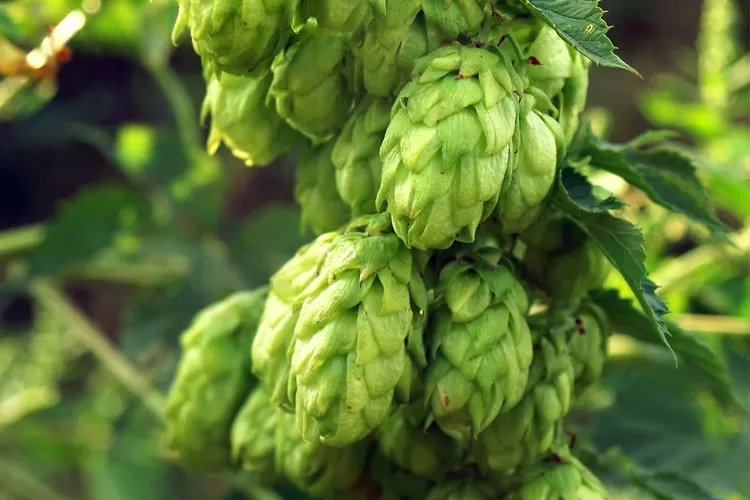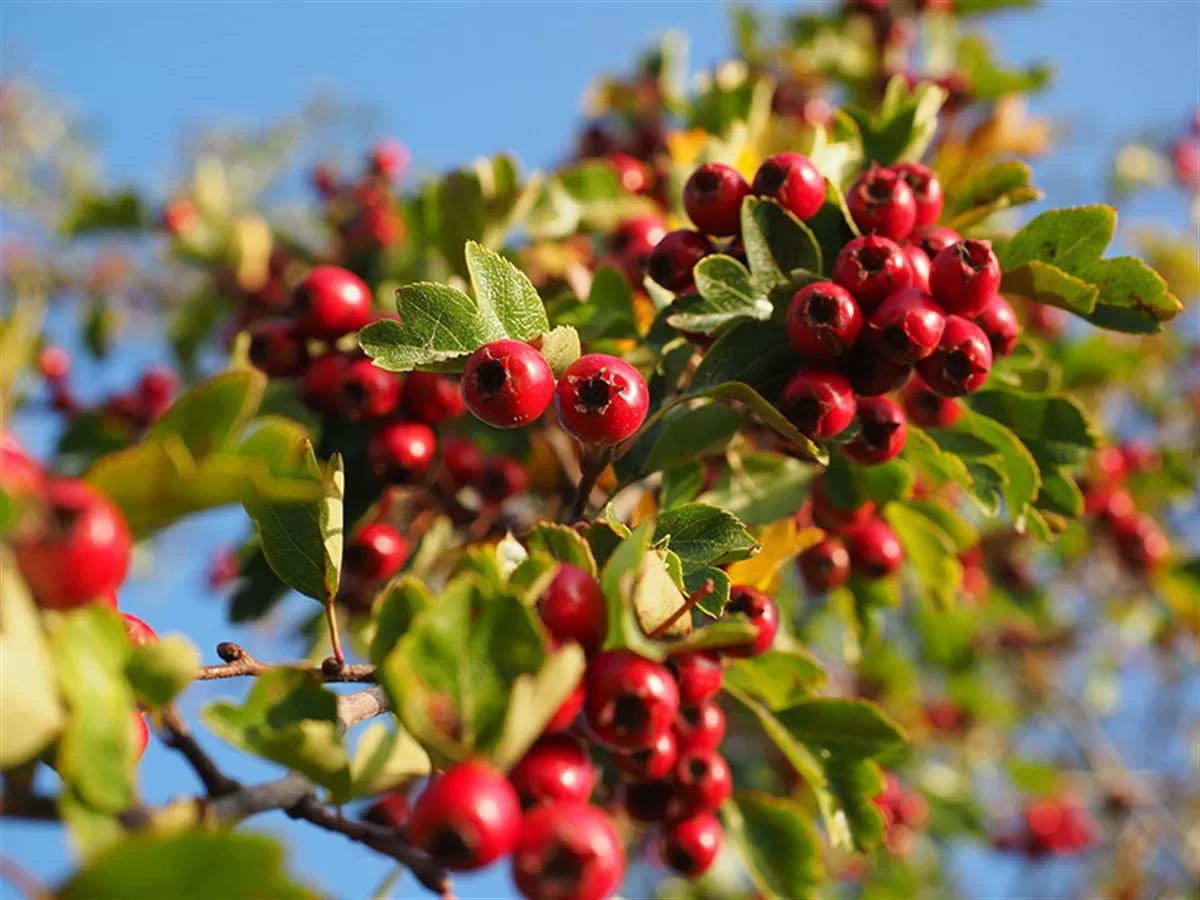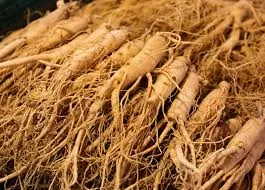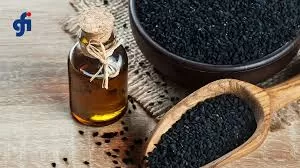- 0086-571-85302990
- sales@greenskybio.com
Ancient Remedy, Modern Solution: The Resurgence of Milk Thistle for Liver Health
2025-04-18
The liver, an essential organ performing over 500 critical functions daily—ranging from detoxifying chemicals to regulating hormones and producing bile—faces increasing threats in today’s environment. Pesticides in food, microplastics in water, and processed diets loaded with sugar are taxing the liver like never before. However, milk thistle (Silybum marianum), a traditional herbal remedy, is gaining renewed interest through contemporary scientific validation. Studies highlight silymarin, a powerful compound found in milk thistle, as crucial in supporting an overworked liver, positioning this plant as a vital component of holistic health in an era rife with environmental toxicity.
A Tradition of Healing
Milk thistle's use dates back thousands of years, with its healing properties documented from the 1st century through to European folk medicine as an antidote for mushroom poisoning. Its therapeutic potential remained largely anecdotal until 1968, when scientists isolated silymarin, confirming its benefits and sparking rigorous scientific study. With environmental toxins and metabolic health issues increasingly prevalent, ancient remedies like milk thistle have become particularly relevant.
The Liver’s Struggle in a Polluted World
A mere three-pound organ, the liver filters two quarts of blood each minute, neutralizing toxins and metabolizing drugs to nourish the body. Yet, modern stressors have strained it to its limits, with impaired liver function affecting one in three people globally, according to the World Health Organization. Factors such as industrial chemicals, pharmaceuticals, and dietary pollutants compound the stress. As environmental scientist Dr. Elena Torres notes, the liver is a "warrior and a casualty," with symptoms of fatigue and skin irritation often indicating its decline. Milk thistle provides a natural aid, fostering liver health amidst these challenges.
The Evolution of Milk Thistle’s Legacy
Humanity’s earliest recorded use of milk thistle was in 1st-century Greece for "Liver Distempers." In the medieval era, it was employed to treat mushroom poisoning affecting the liver. The real breakthrough came in 1968 when researchers identified silymarin, catalyzing decades of studies proving milk thistle's efficacy in liver rejuvenation—repairing cells, blocking toxin infiltration, and controlling inflammation.
Silymarin’s Three-Fold Approach to Liver Health
Current research outlines silymarin's mechanisms in enhancing liver health:
1. Cellular Protection: Silymarin acts as a guardian, preventing toxins from penetrating liver cells and promoting cellular repair.
2. Antioxidant Boost: By increasing glutathione production, silymarin mitigates oxidative stress and enhances detoxification processes.
3. Inflammation Control: It modulates cytokines to manage inflammation, reducing risks of hepatitis and cirrhosis without impairing the immune response.
Beyond Detoxification: Metabolic Benefits of Silymarin
Beyond detoxification, silymarin shows promise in metabolic regulation. Studies from 2021 revealed that 420 mg of silymarin daily reduced abdominal fat, linking it to enhanced fat breakdown. With non-alcoholic fatty liver disease affecting a quarter of the global population, often tied to metabolic syndrome, such findings are significant. Hepatologist Dr. Maria Gonzalez emphasizes the compound’s role in addressing both obesity and liver disease simultaneously.
Selecting the Right Supplement: Safety and Efficacy
Milk thistle is generally safe, though it may cause minor digestive issues. It is crucial to choose standardized extracts with 70–80% silymarin, ideally in phospholipid form for better absorption. The recommended dosage is 420 mg daily. However, individuals allergic to ragweed or similar plants should avoid it, and a healthcare provider should be consulted to manage potential interactions with other medications.
A Harmonious Blend of Ancient Wisdom and Modern Science
As exposure to toxins rises and liver diseases escalate, traditional remedies offer a beacon of hope. Milk thistle’s journey from an ancient remedy to a scientifically verified supplement underscores a broader reality: nature’s remedies often align with ancient understanding. In today’s pollution-challenged world, this herbal ally may provide the necessary support to maintain the liver’s critical detoxification role.
Dr. Patel succinctly states, “While the liver tirelessly functions even when damaged, milk thistle offers the essential support it needs to keep performing optimally.” In an era where environmental pollutants pervade even pristine areas, milk thistle persists as a symbol of enduring hope, remedying and fortifying liver health, one seed at a time.
-
Passion Fruit: Health Benefits and Enjoy
2025-04-18
-
Hops: All You Need to Know
2025-04-18
-
Hawthorn: What You Need to Know
2025-04-18





